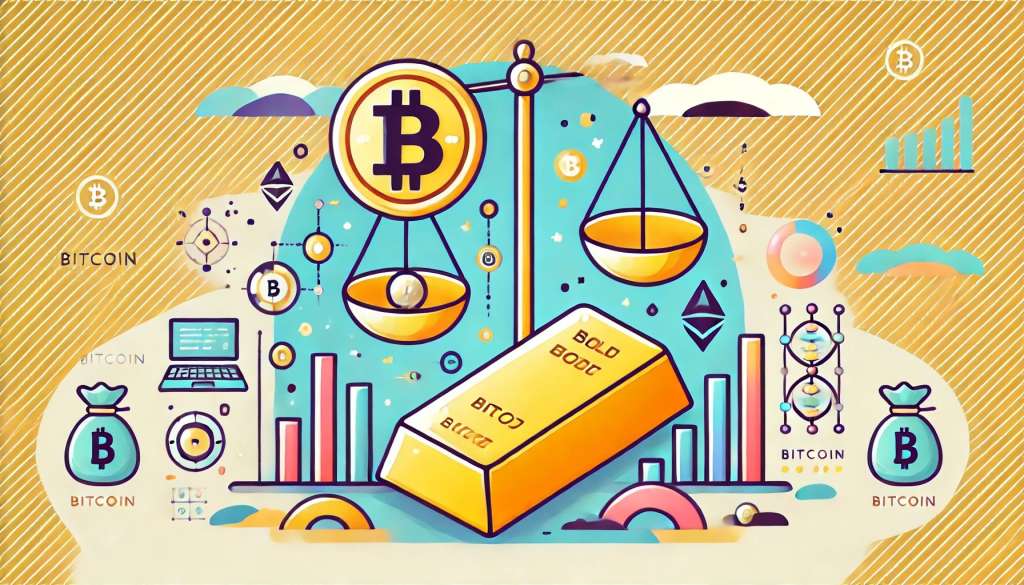
South African Reserve Bank Governor Opposes Bitcoin As A Gold Reserve Alternative

Lesetja Kganyago, the Governor of the South African Reserve Bank, has raised concerns about the push by some lobbyists to classify Bitcoin as a strategic reserve asset alongside gold. Speaking at the World Economic Forum (WEF) in Davos, Kganyago criticized the notion of Bitcoin being held in government reserves, arguing that Bitcoin lacks the historical significance of gold and does not align with strategic intent for national reserves. He equated Bitcoin’s inclusion to holding reserves in commodities like platinum, coal, or even livestock, questioning the rationale behind such a move.
Kganyago’s comments come amidst growing debates about Bitcoin’s role in global financial systems. Notably, U.S. President Donald Trump recently endorsed Bitcoin as a strategic asset, proposing a U.S. Bitcoin reserve to bolster economic stability. This highlights a stark contrast in how countries perceive and approach the integration of cryptocurrency into national strategies.

On the same WEF panel, Coinbase CEO Brian Armstrong defended Bitcoin, calling it a superior store of value compared to gold due to its scarcity, portability, and divisibility. Armstrong also highlighted Bitcoin’s decade-long performance as the best-performing asset, arguing that its role in national reserves could grow over time.
The debate comes as South Africa grapples with regulating cryptocurrencies. While the Financial Sector Conduct Authority (FSCA) classified cryptocurrencies as financial products in 2022, providing some oversight, a comprehensive legal framework for crypto activities remains absent. Kganyago’s skepticism could reflect broader regulatory caution in South Africa as it navigates the challenges posed by emerging financial technologies.
This discussion at Davos underscores the ongoing global conversation about the role of cryptocurrencies in the future of national and international finance.


